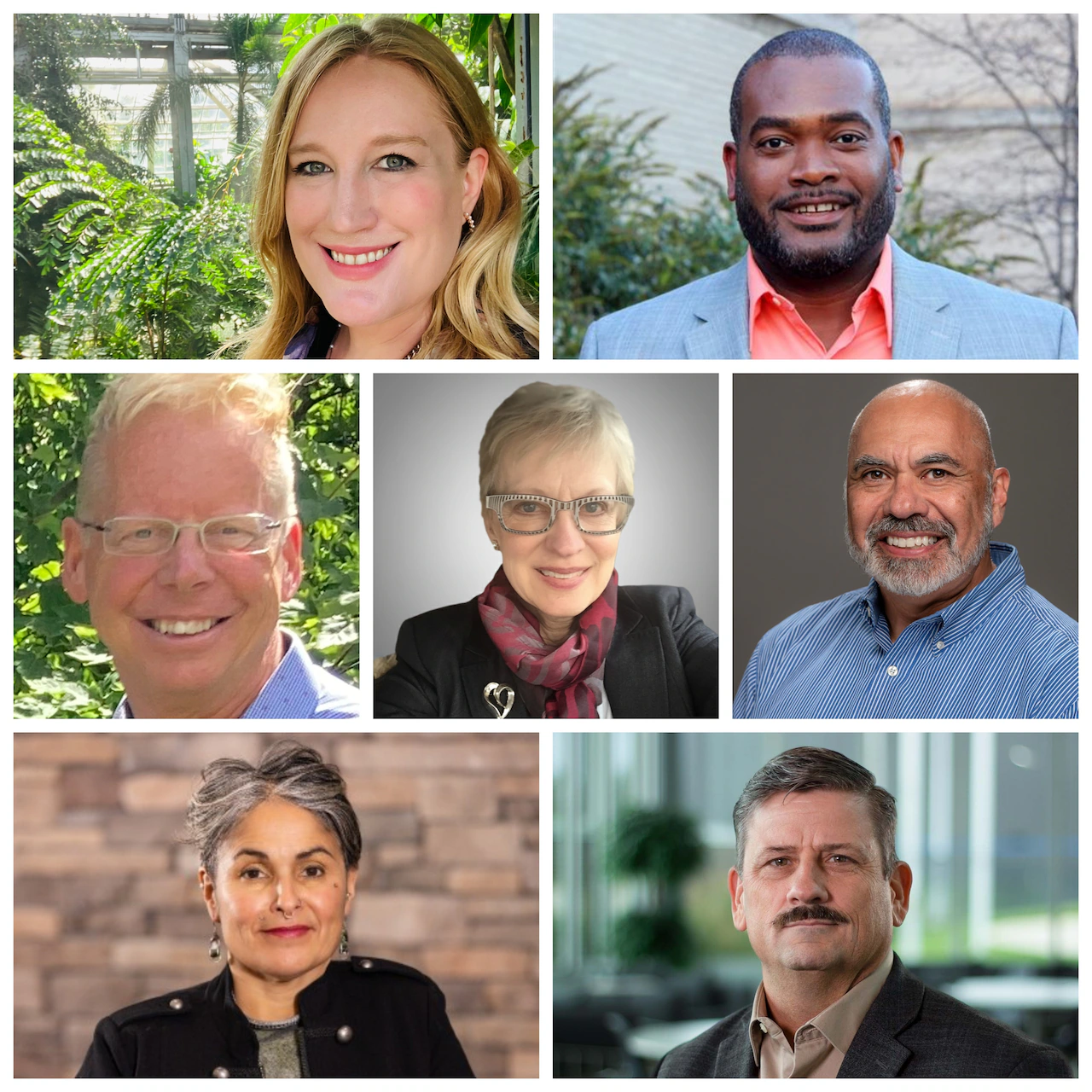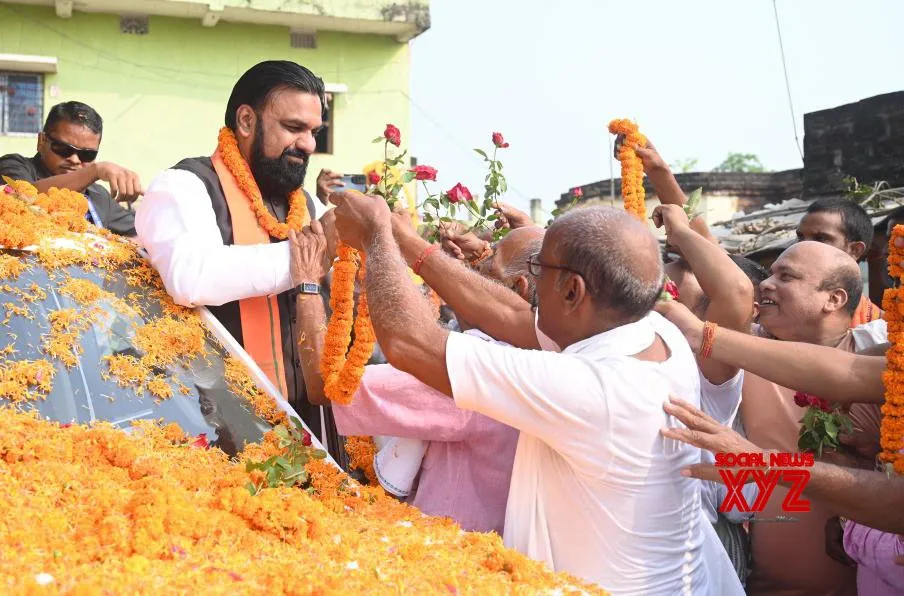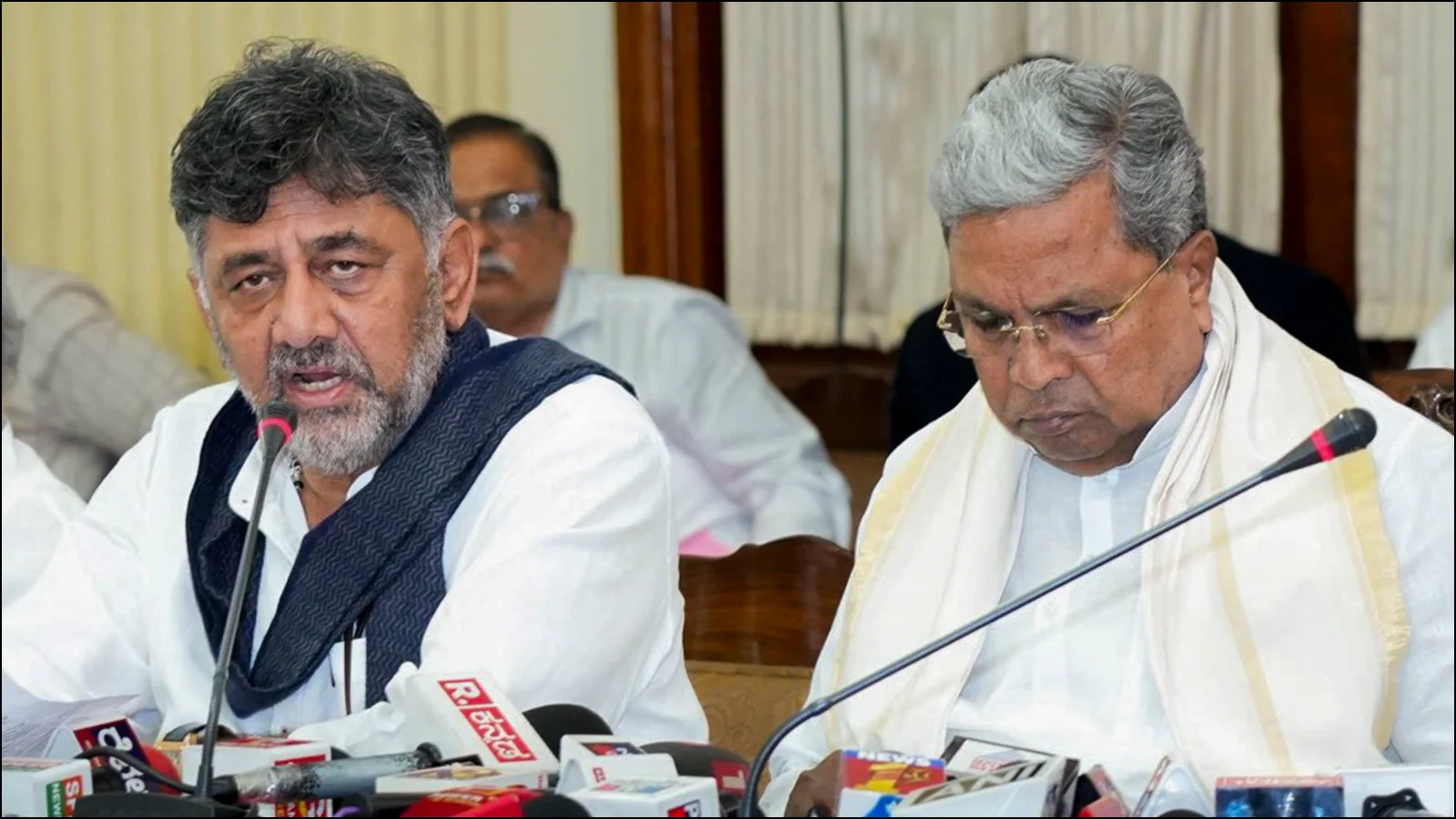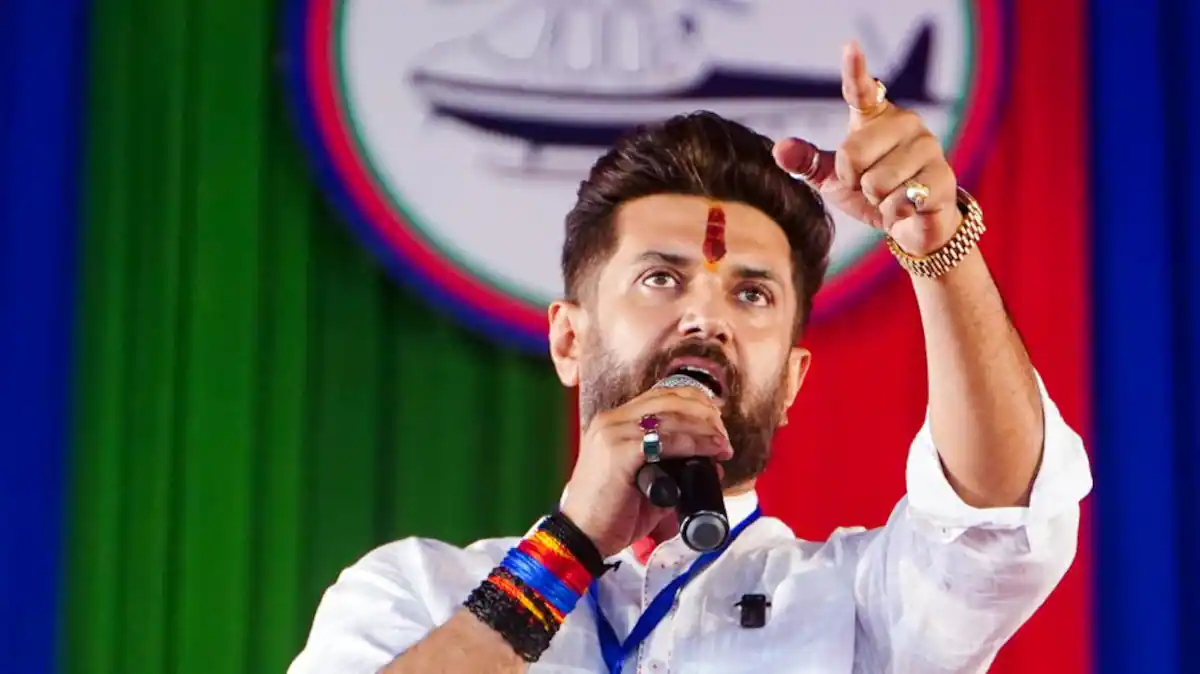Copyright M Live Michigan

HOLLAND, MI — Seven candidates are running for four open seats on the Holland City Council in the Tuesday, Nov. 4 election. All four incumbents - Quincy Byrd, Tim Vreeman, Bylinda Sól and Scott Corbin - are running for reelection, and all but one of them will be challenged next month. The seats up for grabs include for Holland’s council member at-large position, along with the first, third and fifth ward seats. Residents will also choose a mayor. For the council member at-large position, incumbent Quincy Byrd, 53, is an engineer at Pridgeon & Clay. He sits on the board of the Lakeshore Habitat for Humanity and is involved in the Neighborhood Revitalization Committee. Byrd is a U.S. Army veteran who also attended Cornerstone University, and was first elected to the City Council in 2015. Learn more about Byrd at his campaign website. Abby Klomparens, 31, is also running for the council member at-large position. She is the West Michigan regional coordinator for U.S. Sen. Gary Peters, D-Bloomfield Twp. Klomparens is a Grand Valley State University (GVSU) graduate with previous experience working as a legislative director in the Michigan House of Representatives. She previously ran for the Michigan state House, and has held a seat on Holland’s Human Relations Commission. Learn more about Klomparens on her campaign Facebook page. Incumbent Tim Vreeman, 59, is one of two candidates running for the first ward seat. Vreeman was first elected to the City Council in 2021. He is now serving as a pastor and funeral arranger at Langeland Sterenberg Funeral Homes, and was previously pastor at Holland’s Christ Memorial Reformed Church. He is a graduate of the West Coast Chamber Leadership program, and has served on the Tulip Time Board of Directors. Learn more about Vreeman on his campaign Facebook page. Linda Falstad is a write-in candidate for the first ward seat. The 44-year resident of the city of Holland is also a former council member at large, having served from 1997 to 2005. Falstad has also served on the Human Relations, Planning and Community Development commissions, along with the Holland Public Schools Board of Education. She is the founder of nonprofit Heights of Hope, and is a retired GVSU professor. Learn more about Falstad on her campaign Facebook page. Incumbent Bylinda Sól, 55, is one of two candidates running for the third ward seat. The 31-year resident of Holland was elected to serve on City Council in 2021, and is currently employed by Veterans Upward Bound. A graduate of GVSU, she is also a graduate of the Grand Rapids Community College (GRCC) Police Academy. Learn more about Sól on her campaign Facebook page. Tim Marroquin, 57, another third ward candidate, works for GVSU as an adult student services specialist, and has his master’s of education from the university, along with a master’s degree in sport administration from Central Michigan University. He currently serves as the Holland Public School’s Board of Education secretary and as president of the Herrick District Library Board. Learn more about Marroquin on his campaign Facebook page. Scott Corbin, 57, an incumbent running for reelection to the fifth-ward seat, was elected to Holland City Council in 2017. He has been the director of emergency management and homeland security for Allegan County for 17 years, and is a U.S. Army Reserve sergeant with over 32 years of law enforcement experience. Corbin has a bachelor’s degree from Bluffton University in Ohio and a master’s from the Naval Post Graduate School. Learn more about Corbin on his campaign Facebook page. The candidates squared off in September in a candidate forum held by the League of Women Voters. MLive/The Grand Rapids Press interviewed them this month about why they’re running for the seat and what their top priorities would be if elected. Below is an edited version of their responses. What do you think is the most pressing current issue facing the city of Holland? Falstad told MLive it’s balancing growth with affordability and infrastructure, as “too many essential workers and young families are being priced out of housing.” Additionally, Falstad said as the city has grown, infrastructure, streets and transit strain to keep up. “My focus is practical,” Falstad said. “Evaluate infrastructure needs fairly and coordinate transportation options so that growth strengthens, rather than stresses, our neighborhoods.” Marroquin said it’s affordable and attainable housing connected to regional competition. During the candidate forum, he also pointed to diversity in the city, with around 25% Latino residents in Holland, and said representation needs to reflect that. Sól said it’s important a Headlee Override ballot proposition also on the Nov. 4 ballot passes. She described the proposal as necessary to help keep police, fire and other essential city services funded. Sól said her other top priorities are affordable housing and solutions for the unhoused in Holland. Byrd also pointed to the city’s Headlee proposal as among the city’s most pressing issues. He said if the proposal is approved, it will not result in a tax increase. Klomparens said the top issue and Holland’s top priority should be housing. “When I collected signatures to run for this seat, everyone I spoke with shared housing as a major issue,” she told MLive. “From concerns over lack of affordability to too many rentals in residential neighborhoods, the housing crisis is top of mind for Hollanders.” During the candidate forum, she referenced her own housing struggle, moving from Lansing to Holland, and said she plans to develop a Holland Housing Commission to bring together community members and stakeholders. Klomparens has also proposed capping application fees on rentals. Corbin also said the Headlee Override is one of the most critical issues for Holland, ensuring the city maintains local control and aligning revenues with expenses. “This measure is not about raising taxes,” he told MLive. “It’s about protecting the essential city services that residents depend on every day. He said communities across Michigan have used similar overrides. Vreeman said while the city of Holland is financially responsible and will continue to make that a priority, among the most pressing issues is housing. “City leadership will steadily work alongside community partners to create the best housing options at all price points,” he said. Additionally, Vreeman said the opening of Holland’s new ice rink will come with new challenges as the city figures out staffing and visitor levels for the “incredible community asset and the positive impact it will have on our downtown. What is Holland’s greatest strength and its greatest weakness? Sól said Holland’s greatest strength is the city’s leadership, coming from diverse backgrounds and different walks of life. A bilingual member of council, she spoke with MLive about her own experiences as a young mother in Holland and the importance of growing community. She said the city’s greatest weakness is housing, though “we’re moving the needle,” pointing to around 1,200 new housing units built in the city. Byrd said he believes Holland’s greatest strength is its people. “Holland is a very unique place,” he said. “I’ve traveled the world being in the military, traveled around the United States of America, and I have not come across a community like Holland.” He said Holland’s greatest weakness is along the same lines, with fast growth causing problems. Vreeman told MLive the city’s greatest strength is the collaboration across all levels of leadership and “the different entities that make up our city and general area.” He said the city’s greatest weakness is the “exponential growth” that the city’s successes have created, including housing demands and increased traffic. Corbin said Holland’s greatest strength is its people. “Even when we don’t agree on every issue, our shared desire to make this a better community inspires broad participation and collaboration,” he said. He said the city’s greatest weakness emerges when outside politics interfere with local conversation. “We must not let partisan divisions or misinformation overshadow our ability to listen, reason and act with respect toward one another,” he said. Klomparens said Holland never settles to do anything second best, among the city’s greatest strengths. She highlighted the fiber internet the city is in the process of installing as an option for residents as one example, along with the city’s switch from coal to natural gas and the development of its waterfront. She said struggling with change is one weakness she can see. “I think I sometimes need to step out of my privilege as a white, Dutch American here in Holland,” she said. “This community is really built around me and my heritage, and I think that we can struggle with change sometimes ... I just want to make sure that we continue to be a welcoming city and really celebrate our diversity and listen to those diverse voices.” Falstad said the city’s strength is its engaged, generous and collaborative people. “Holland’s volunteers, nonprofits, businesses and faith communities step up again and again to work together to address community needs,” she said. She said the biggest weakness is affordable housing, referencing 2021 numbers from an Ottawa County Housing Needs Assessment. The report found an anticipated 269-unit gap in the city’s rental units for households making $51,400 or less annually from 2024 through 2029. Marroquin said there are many strengths, but specifically regarding Ward Three, he described the blend of industry, residential, business, public/private schools and churches as the “microcosm of what greater Holland is.” “With that, the strength is its people,” he said. “And not only people, it’s people that participate in the democratic process, be it voting, campaigning or volunteering for commissions and boards, patronizing businesses and shops.: He said the city’s greatest weakness can also be that resident engagement, or lack thereof. “What are our city systems, structures, organizations, institutions now doing to engage people,” he said. What processes will you use to gather input from your constituents? How will you maintain your pulse on your area’s needs and wants? Klomparens said she plans to prioritize being available and communicating. She said she’s already been out knocking doors and trying to find the local issues that matter to constituents. “I believe also continuing to be involved on the boards and commissions and other volunteer opportunities that I am involved in with the city is a great way to keep the pulse,” she said, describing herself as a “lifelong learner.” Marroquin said his goal is to keep doing what he’s been doing, attending, participating, being involved and communicating. He gave the example of a “Coffee with Tim” meetup for constituents. Marroquin said it’s also important to be honest in terms of what can be delivered. Sól said it’s no different than “what I do every day. Be a part of the community, be a volunteer, be an advocate. Continue to educate.” She pointed to the City Council’s public comment periods and coffee hours as examples of good communication thus far. Corbin said he makes himself accessible. “I freely share my personal cell phone number, engage on social media, attend neighborhood events and block parties and respond regularly to emails and phone calls,” he said. “I also visit neighborhoods and meet directly with residents to hear their concerns.” He described engagement as a two-way responsibility. It’s important for citizens to reach out and ask questions, but elected officials sometimes have access to broader information that influences decisions. Falstad said her approach is neighborhood visits and direct contact, whether it’s phone calls/texts, neighborhood walk-abouts or schools and business visits. She also spoke about partnerships with neighborhood groups to ensure voices that are often missed make it to the table. Byrd said everything is built off of relationships. “If you are available to talk to people, you understand where they’re coming from,” he said. “They’re able to voice their concern.” Most people don’t have the time or energy to be a part of government, he said, but they still want to know their voices are heard and matter. Vreeman said he will continue to promote open dialogue, practice good listening skills and make solid decisions that “reflect the overall good and direction of our city. “Collaboration is key in all levels of government, education, nonprofit, business and the faith communities,” he said.



